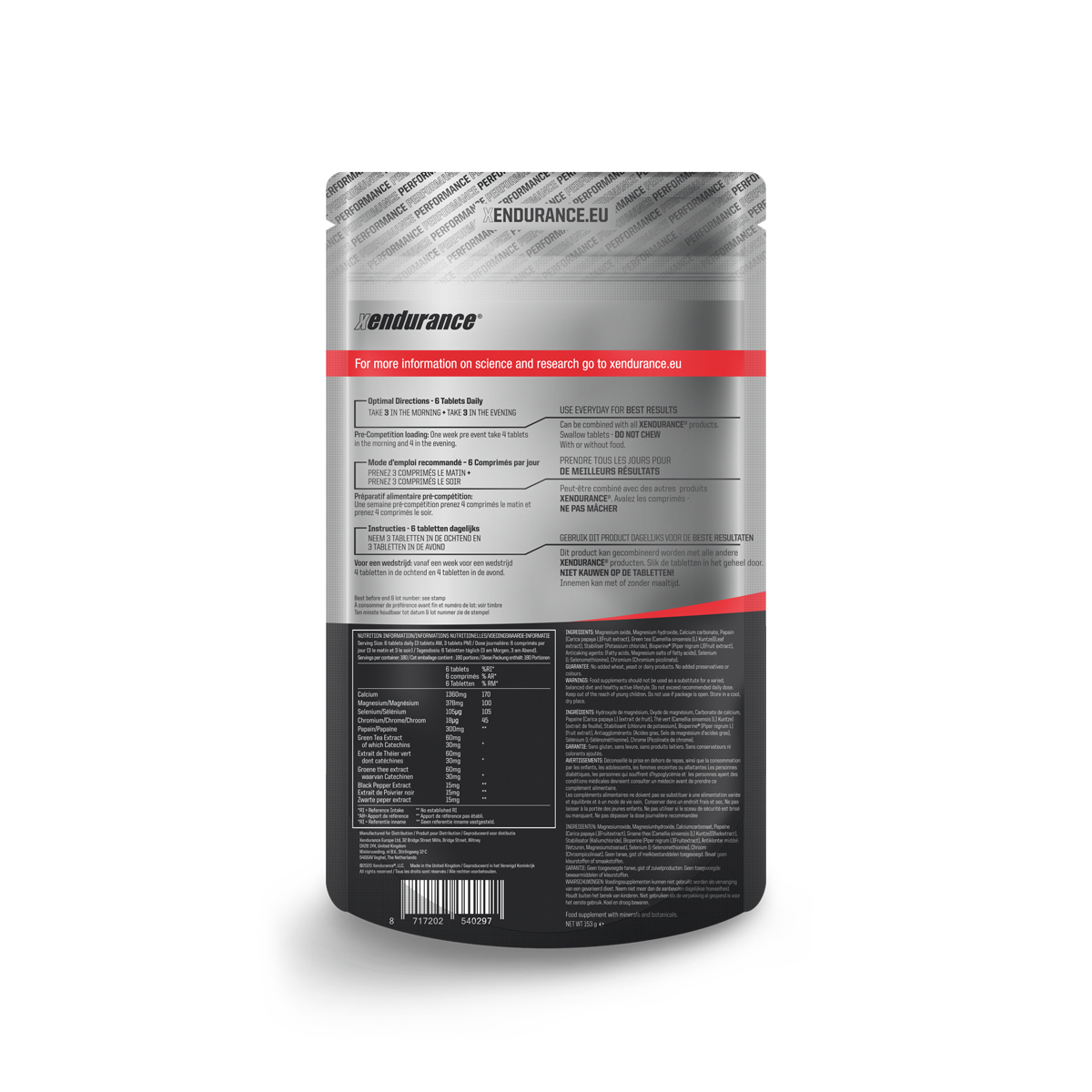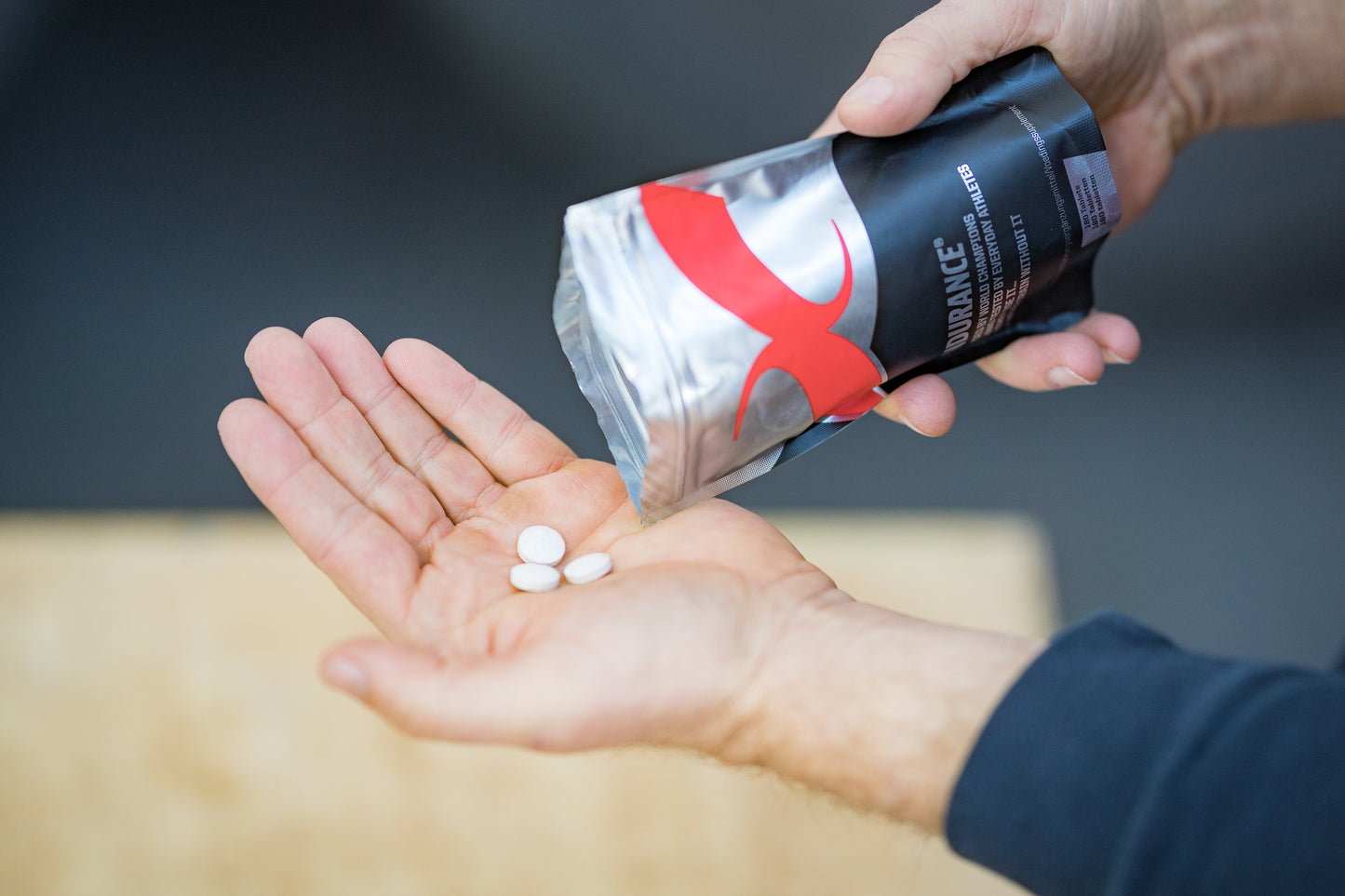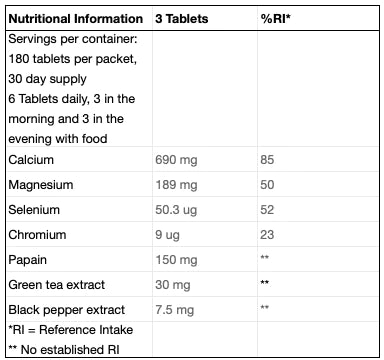Share
Unfortunately ‘dips’ in training and bad sessions happen to us all and are a part of sport. These ‘dips’ often feel like they come at the worst possible time and can leave you feeling deflated and often questioning your progress and ability. Without a coping strategy in place that allows you to ‘process and park’ these bad sessions it can have a negative impact on your mindset going into the next session.
“Hard days are the best because that’s when champions are made.”
Gabby Douglas
So how do we deal with a training session or series of sessions that aren't going to plan:
-
End the session on a high: After a bad session the last thing you probably feel like doing is spending more time in the gym doing more reps, however that's exactly what you should do. Dropping the weight down on a failed rep to a manageable weight will encourage you to drill good mechanics into your muscle memory rather than the last reps being poor. Secondly, completing some good reps at the end will leave you with a positive, can-do attitude going into your next session.
-
Use a training journal: The best thing about a training journal is that it gives you the ability to write it down, process it and move on. Is ok to be annoyed at yourself at the end of a session, you have high expectations of yourself and that's a good thing but what's not ok is when you take that negativity into the next session. Writing down and reflecting on it is a great way of leaving that behind you and moving into your next session with passion and purpose.
-
Your mental state can take you two ways - up or down: This leads nicely from the last point about having the ability to park the last session and move on. Without ‘mastering’ your mind, you risk ‘losing/failing’ before you have begun. This has been especially important after experiencing some of the setbacks and disappointments throughout my weightlifting journey and carrying that mentally into the next session. As a result I have really started to try and go into every session without ‘mental clutter’, no distractions, just fully focused on the moment, on the session and giving it 100%.
So it's important to remember that dips in performance will happen but it's how we deal with and learn from them that will be the difference between turning the ‘dip’ into a 'high'. Learning is the key to winning and success, a bad training session is in fact more valuable than a good one if you have the right mindset and approach.









